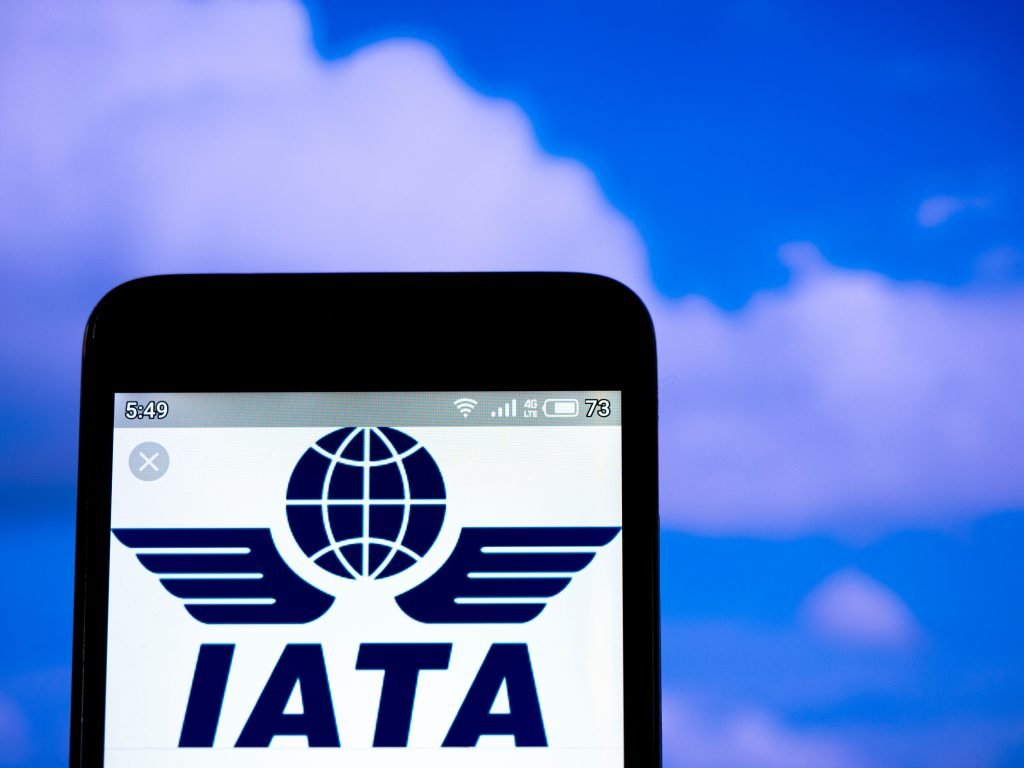The International Air Transport Association (IATA) and the World Meteorological Organization (WMO) have signed an agreement to increase and improve the automated reporting of meteorological data by commercial aircraft. IATA reports this on their website.
The new initiative, called the WMO and IATA Collaborative AMDAR Program (WICAP), aims to replace the existing WMO Aircraft Meteorological Data Relay (AMDAR) system expandable to ensure coverage over low data areas. It is expected to add many new partner airlines to the program, which is already supported by about 40 airlines and includes thousands of passenger and cargo aircraft.
The AMDAR observation system produces more than 800.000 high-quality observations per day of air temperature, wind speed and direction, along with the required position and temporal information, and with an increasing number of humidity and turbulence measurements. This information is provided to meteorological agencies and automated weather forecasting systems. These, in turn, support the generation of weather forecasting and weather conditions products for aviation.
The AMDAR system has made a positive contribution and improved weather forecasting. These are essential for the efficiency and safety of airlines and aviation at a time when the industry is striving to make flying more sustainable and limit its contribution to climate change.
Under the new WICAP collaboration, the WMO community will assume the role of establishing a regional operational framework for receiving and processing the data. IATA will be responsible for promoting airline participation in the program and helping coordinate technical data transfer solutions, while protecting airline-owned data.
“One of the many unfortunate aspects of the COVID-19 crisis is the severe loss - up to 90% - of meteorological data from aircraft as a result of the sharp decline in airline and passenger flights since March 2020. Meteorological services and other data providers have tried to compensate for this loss, but there has been a measurable negative impact on the accuracy of weather forecasts due to AMDAR data reductions ”, said WMO secretary-general prof.dr. Petteri Taalas.
“Safety is a top priority in aviation and ensuring that airlines and other safety stakeholders have access to the most comprehensive and reliable weather forecast data is essential to achieve this. It is important that airlines can take advantage of all available costs and operational efficiencies to build and restore their operations. One such efficiency can be derived from the improved use of better quality weather forecasts and other meteorological information resulting from the improved availability of AMDAR data, ”said Alexandre de Juniac, IATA Director General and CEO..
Also read: Last landing for KLM Queen of the Skies at Schiphol





